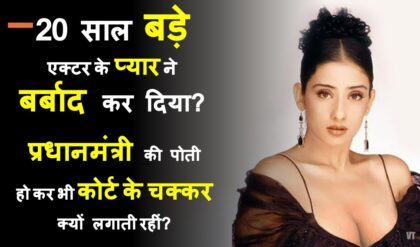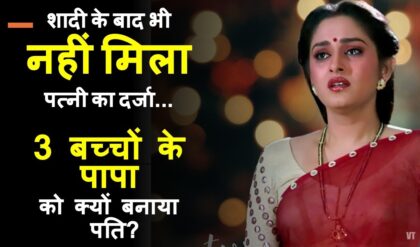In a recent statement that has sparked conversations across political and social platforms, poet and politician Kumar Vishwas drew a comparison between Indira Gandhi and Narendra Modi, asserting that Indira Gandhi possessed more courage than the current Prime Minister of India. This proclamation is not merely a political statement but rather a reflection of the enduring legacy of Indira Gandhi and the context in which her leadership was exercised. Kumar Vishwas’s praise for Indira Gandhi can be dissected through various lenses, including her political acumen, her ability to navigate crises, and her impact on Indian society.
Indira Gandhi, the first and only female Prime Minister of India, served from 1966 to 1977 and then again from 1980 until her assassination in 1984. Her political career is marked by both triumphs and controversies, but one cannot overlook her formidable presence in a male-dominated political landscape. Indira Gandhi’s ascent to power was not simply a product of dynastic privilege; she demonstrated a unique ability to connect with the masses and articulate their aspirations. Vishwas’s comparison highlights the challenges faced by leaders in their time and how they respond to those challenges.
One of the most significant moments in Indira Gandhi’s career was the decision to impose the Emergency from 1975 to 1977. This period was marked by political unrest, a deteriorating economy, and widespread protests against her government. The decision to suspend democratic processes was controversial and has been the subject of much debate. However, Vishwas may argue that the courage displayed during this tumultuous time was not solely about authority but about making hard choices in the face of adversity. Indira Gandhi believed that drastic measures were necessary to maintain stability in the nation, a decision that she felt was in the best interest of the country at that time.
In contrast, Kumar Vishwas’s assertion regarding Narendra Modi might stem from a perception of how courage is manifested in political leadership today. Modi has been a polarizing figure, and while he has made significant contributions to India’s economy and infrastructure, critics argue that his leadership style often lacks the empathetic courage that characterized Gandhi’s tenure. Modi’s approach tends to polarize opinions, and many see him as prioritizing majoritarian policies over inclusive governance. Vishwas’s comparison may reflect a longing for a leader who stands firm in the face of opposition while also being inclusive and empathetic toward the diverse fabric of Indian society.
Indira Gandhi’s international diplomacy further showcases her courage and strategic acumen. She was not afraid to stand up to powerful nations, exemplified by her role in the Bangladesh Liberation War in 1971, which resulted in the creation of Bangladesh. Her decision to support the Mukti Bahini (the Bangladeshi liberation movement) was fraught with risks, considering the geopolitical implications involved. Yet, she managed to rally international support and strategically navigate the complexities of regional politics. This moment in history is often cited as a testament to her boldness and her ability to assert India’s position on the world stage.
Vishwas’s admiration for Indira Gandhi may also stem from her ability to inspire confidence among her supporters. During her tenure, she made significant strides in various sectors, including agriculture through the Green Revolution, which aimed to make India self-sufficient in food grain production. Her policies, though criticized by some, were rooted in a vision for a stronger, more self-reliant India. This vision resonated with the public and instilled a sense of hope during challenging times. In contrast, Modi’s leadership is often critiqued for being more focused on spectacle and less on substantive policy changes that directly benefit the underprivileged.
The socio-political context in which Indira Gandhi operated was also marked by a deep commitment to secularism and social justice. She championed various reforms aimed at improving the status of women, promoting education, and addressing issues of poverty and inequality. Her courage to implement policies that challenged traditional norms and status quos is a hallmark of her legacy. Kumar Vishwas’s comparison may highlight the need for contemporary leaders to embody similar values—courage in the form of social justice and inclusivity rather than mere political maneuvering.
It is essential to recognize that the notion of courage in politics is multifaceted and subjective. For some, courage may mean taking bold steps, while for others, it may involve standing firm in the face of adversity and being accountable to the people. In this context, Vishwas’s statement can be seen as a call for introspection among current leaders, urging them to reflect on what true courage entails in governance. It is a reminder that leadership is not just about power but also about responsibility and service to the nation.
Furthermore, Kumar Vishwas’s praise for Indira Gandhi can be interpreted as a critique of the current political climate in India. Many citizens today express a yearning for a political discourse that transcends divisive rhetoric and focuses on unity and progress. In an era where political polarization is rampant, Indira Gandhi’s legacy serves as a reminder of the importance of inclusive governance. Vishwas’s acknowledgment of her courage can be seen as a
Watch video:





